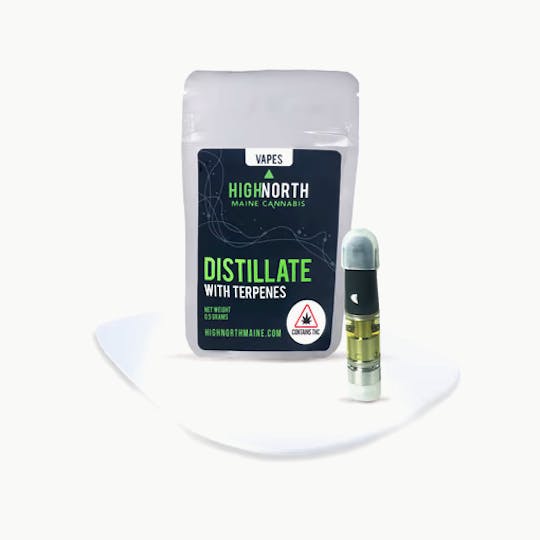
D8:D9 Durban Poison
A strain-specific cannabis cartridge
- Earthy
- Woody
- Spicy/Herbal
Nature delivers.
PERSONAL
We stand for cannabis as an experience where wellness and community come together. Keeping standards high and prices affordable, we guide you toward the right experience, made just for you. For your convenience, we offer all things cannabis in one place. Here, people with similar interests, come together to gain knowledge and meet old and new friends.
RELIABLE
Our state-of-the-art facilities are designed to exceed the highest production standards. With your health and safety in mind, under the guidance of renowned scientists, we cultivate pesticide-free cannabis and test our products for purity and consistency.
It’s our passion to offer you the finest quality cannabis, every time.
GOOD-NATURED
It’s not easy being green, but we are committed to it. We are actively reducing our carbon footprint by recycling, using paperless administration, and going 100% green. Giving back is in our DNA. A share of our revenues goes to charitable donations and you can also find us hard at work cleaning trails, managing food drives or adopting families for the holidays. We keep it local. Maine’s economy thrives on small businesses and we like to keep it that way. 98% of our vendors are also our neighbors.
TRAILBLAZERS
While the industry is new, we are not. Since 2011, we have advocated for access, quality, and transparency via advancing science and improving public policies.
Our goal is to set the bar for unparalleled quality—together we are forging a new cannabis culture.
Durban Poison has deep roots in the Sativa landrace gene pool. The strain’s historic phenotypes were first noticed in the late 1970s by one of America’s first International strain hunters, Ed Rosenthal. According to cultivation legend, Rosenthal was in South Africa in search of new genetics and ran across a fast flowering strain in the port city of Durban. After arriving home in the U.S., Rosenthal conducted his own selective breeding process on his recently imported seeds, then begin sharing. Rosenthal gave Mel Frank some of his new South African seeds, and the rest was cannabis history.
Frank, who wrote the “Marijuana Grower’s Guide Deluxe" in 1978, modified the gene pool to increase resin content and decrease the flowering time. In search of a short-season varietal that could hit full maturation on the U.S. East Coast, Frank’s crossbreeding efforts resulted in two distinct phenotypes, the “A” line and “B” line. The plant from Frank’s “A” line became today’s Durban Poison, while the “B” line was handed off to Amsterdam breeder David Watson, also known as “Sam the Skunkman.”
Durban Poison has a dense, compact bud structure that’s typical of landrace Indica varieties, but the flowers’ elongated and conical shape is more characteristic of a Sativa.